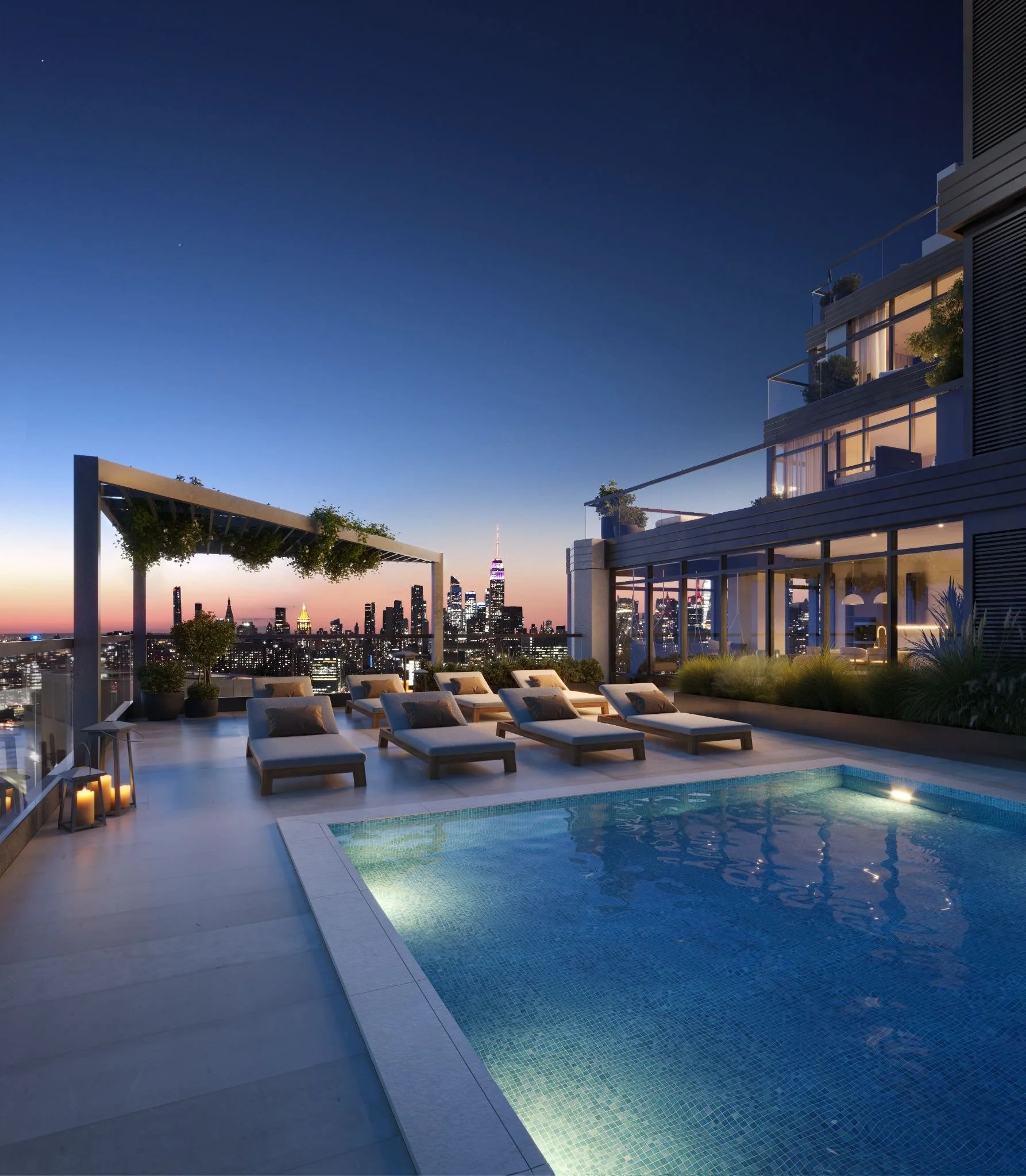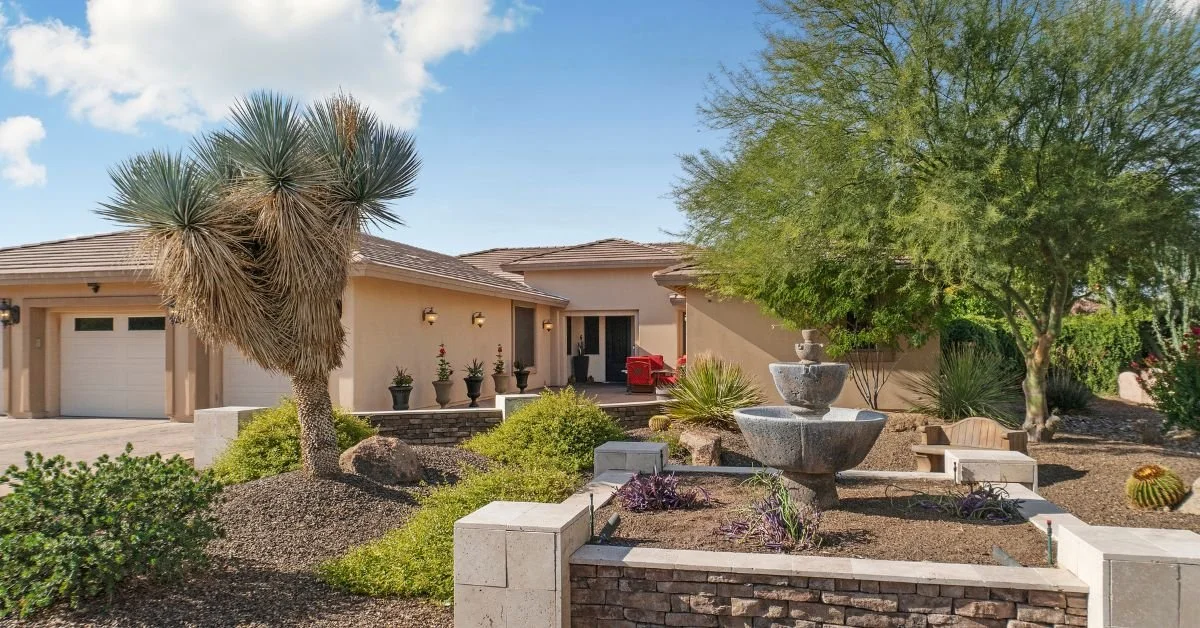The Pros and Cons of HDB Rental in Singapore's Housing Market
As a property owner in land-scarce Singapore, renting out an HDB flat presents both attractive opportunities and inherent challenges to consider. The public housing landscape offers a dynamic rental market, but ensuring you make an informed decision tailored to your personal circumstances is key.
In this comprehensive analysis, we'll examine the potential advantages and drawbacks associated with listing your HDB unit for rent. From lucrative passive income streams to complex regulatory hurdles, you'll gain insights to determine if an HDB rental arrangement aligns with your short and long-term real estate goals.
The Advantages of Renting Out an HDB Room or Flat
Let's begin by highlighting some of the compelling benefits that entice many HDB owners to tap into Singapore's rental market:
Passive Income Potential
One of the most alluring aspects of an HDB rental scenario is the ability to generate a steady stream of passive income. Depending on factors like flat type, location, amenities, and demand in the area, landlords could potentially earn hundreds or even thousands in monthly rental fees.
This supplemental income serves as a valuable revenue source for homeowners - whether you intend to cover mortgage payments, build a retirement nest egg, fund other investments, or simply improve cash flow. As property values in Singapore continue to appreciate in the long term, the passive earnings from an HDB rental property could prove lucrative.
Housing Flexibility
Rather than leaving your HDB flat completely vacant during stretches away for work, education, or leisure travels, putting the unit up for rent ensures the space doesn't go unutilized. This housing flexibility enables you to cost-effectively "host" the property instead of bearing 100% of the accommodation expenses alone.
Many Singaporeans choose to rent out their HDB flats temporarily while stationed overseas for studies or professional commitments. The rental income helps offset the costs of their temporary accommodations elsewhere until they eventually return. Other owners utilize renting as a way to test extended stays in other parts of the country without relinquishing their primary housing situation.
Low Start-Up Costs
Compared to the private rental market filled with condos, apartments, and landed properties demanding premium rent, HDB flats represent some of the most affordable options for rental real estate investors in Singapore.
The upfront capital required to purchase an HDB flat is substantially lower than a private home or commercial rental property. Additionally, rental listing expenses like professional photography, staging, agent fees, and marketing can be kept incredibly low when renting out HDB rooms versus more premium accommodations - making it easier to turn a profit from day one.
With a lower-risk entry point, HDB rentals enable more opportunities for everyday Singaporeans to participate in the real estate market and generate side income from their home.
The Drawbacks of Listing an HDB For Rent
While the passive income prospects are enticing, handling an HDB rental unit does come with its fair share of responsibilities, risks, and regulatory hurdles to weigh carefully as a landlord:
Legal Restrictions & Requirements
Unlike private residential properties, renting out HDB flats for profit is subject to fairly strict regulations and requirements set forth by the Housing & Development Board (HDB).
Currently, only certain flat types and tenancy scenarios receive HDB's approval for rental arrangements. Owners need to have met the Minimum Occupation Period and other eligibility criteria specified before listings. HDB restrictions may dictate tenant nationality/demographics, mandatory lease durations, rental rate limits, and other conditions even for approved rentals.
With rules tending to evolve over time, HDB owners need to stay vigilant in comprehending current rental policies, providing proper documentation, and adhering to all requirements - lest they face penalties or struggle to obtain future approval.
For Singaporeans considering renting out their HDB room or flat, thoroughly understanding their obligations under HDB's rental policies represents a vital first step before proceeding with any rental arrangements.
Coordination & Management Responsibilities
While you can opt to enlist the services of a property agent to oversee managerial duties, most HDB landlords ultimately handle things like marketing listings, vetting tenants, drafting legal lease contracts, arranging maintenance, collecting payments, and more themselves.
The "hands-on" nature of being an HDB landlord requires committed coordination and availability to address any rental issues or tenant concerns that arise properly. This ongoing management time commitment represents an often overlooked burden compared to more passive real estate investments.
Not everyone has the patience, landlord experience, or available bandwidth to juggle all management demands of an HDB rental property seamlessly - especially if already balancing other career or family obligations. Choosing to hire third-party property management services could eat into potential rental income as well, further complicating the economics.
Wear & Tear of Rental Turnover
Any time you introduce fresh occupants into a living space, natural wear, and tear represents an unavoidable reality of the rental cycle - one amplified with each tenant changeover. Common areas prone to degradation in high-turnover HDB rentals include:
Flooring scuffs and stains
Appliance/plumbing leaks
Damaged walls, doors, and moldings
Hard water stains on bathroom tiles
Carpet staining and smells
Chipped paint and scratches from moves
Exterior lock, gate, and facade maintenance
While landlords can attempt to mitigate damages through security deposits and clear rental contracts stipulating cleanliness standards, long-term maintenance, refurbishment, and remodeling inevitably arise on rentals more frequently compared to owner-occupied properties.
Proper budgeting for these periodic repair and refresh costs represents an often overlooked "hidden" expense of being an HDB landlord. Failing to factor in and reserve funds could eat away at your passive rental income potential.
Personal Risk Exposure
Unlike renting out a dedicated investment property, when listing your own occupied HDB flat for rental, you open yourself up to personal privacy and security risks that should be carefully evaluated.
At a minimum, you'll need to carve out regular time windows to allow prospective new tenants to view the actual unit before moving in. While property agents can coordinate showings, they can't be present for every viewing - meaning your personal space may get exposed more frequently.
Once tenanted, you'll need to weigh any relevant security concerns around having folks you may not comprehensively know residing in your private home. While thorough tenant screening helps vet candidates, you can never completely validate how occupants may conduct themselves once move in.
Even if tenants prove trustworthy, allowing virtual strangers into your personal domain could make some owners feel exposed compared to the inherent privacy of owner-occupied living. The level of risk exposure understandably makes some HDB dwellers hesitate to list their homes as a rental.
Summing Up
These various advantages and drawbacks highlight how renting out an HDB flat requires weighing many competing personal factors and priorities. For some, the low real estate commitment and passive income potential outweigh the regulatory burden and oversight. Others may decide that forgoing tenant coordination hassles and safeguarding their private home sanctity takes precedence.
There is no definitive "right" answer that universally makes sense. Whether an HDB rental scenario proves worthwhile depends entirely on your current living situation, financial conditions, lifestyle preferences, risk tolerance, and long-term housing goals.
By carefully evaluating both the prospective upsides available and challenging obligations involved, you can make the personal decision whether listing your HDB unit as a rental makes prudent sense - or if leaving your flat off Singapore's rental market might be the smarter choice for now. Whichever route you choose, arming yourself with the facts ensures you navigate HDB's dynamic housing landscape confidently.





